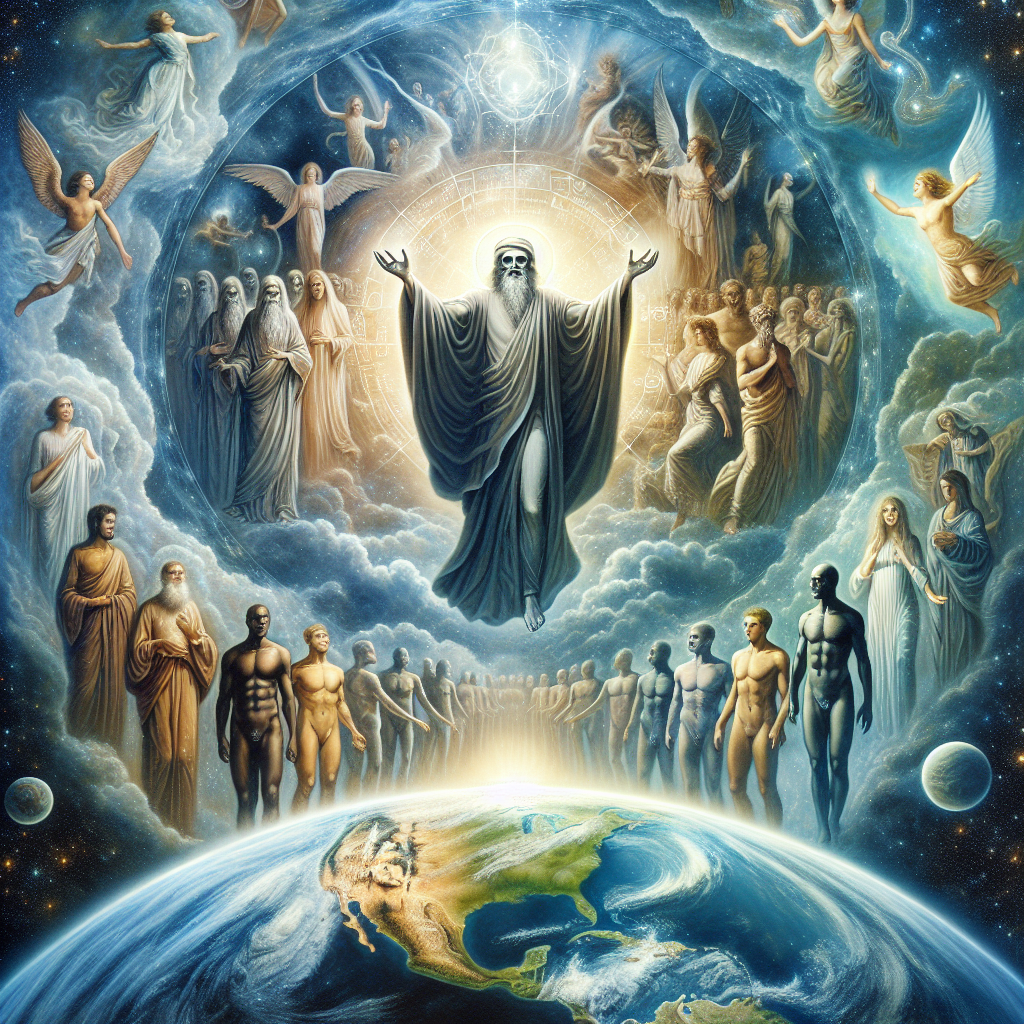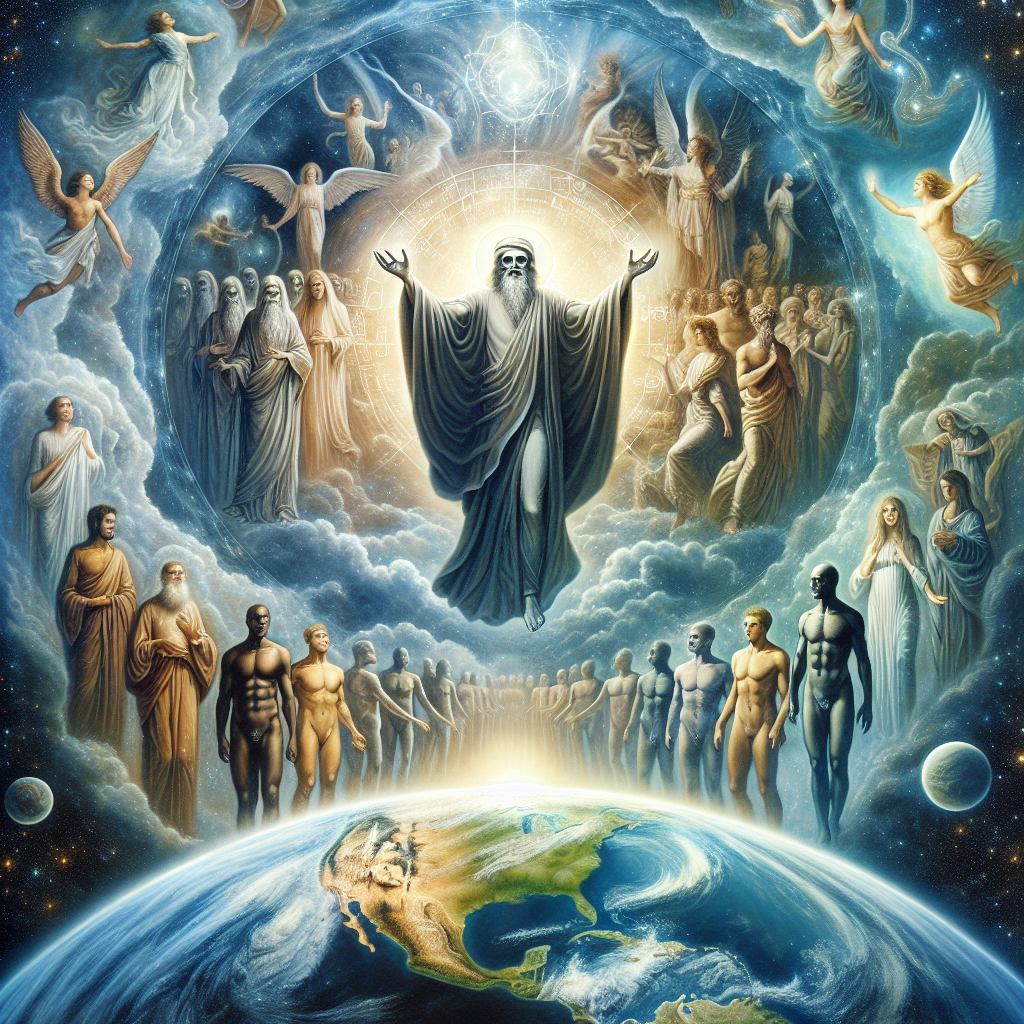In various faiths around the globe, the idea that we are God’s assistants can be found in many sacred texts. These religions exist to guide human beings in their duty to lead honest, honourable lives. Without rules and guidelines, it’s believed that people could easily fall into moral decay.
Now, no science or religion can offer a comprehensive explanation of the soul’s true nature. A beginner trying to find an understanding, either through science or a religious lens like Christianity or Islam might find themselves more confused than before, riddled with even more questions. There always seems to be a lingering dissatisfaction. But a possible exception to this is found in the ancient Vedic texts, which share valuable insights on the existence and nature of the soul among all living beings.
The Vedas offer a unique perspective on the soul. They provide enough analogies and vivid examples to aid our understanding of this ethereal concept. Studying through the lens of the Vedas, we can begin to grasp a true understanding of God and our own divine essence.
In Vedic philosophy, the soul is described as “aprameya”, translating to “immeasurable” in Sanskrit. This shows us that the soul is so minuscule that any physical measurements fail to capture its true nature. However, if we were to visualise it within our limited human consciousness, it would be about the size of an atom.
The Vedas also explain the concept of the Soul, or Jiva. The term Jiva is from Sanskrit, meaning to breathe or live, and symbolises a living being infused with life energy and individuality. The issue with this understanding is that we all tend to identify ourselves with our physical bodies, neglecting to realise that these are just temporary vessels that house our souls in our current manifestation. We’ll all eventually leave these bodies behind – a phenomenon we call death. According to the Vedas, though, this is simply another form of reincarnation. Our soul, or Jiva, acquires a new body based on our karma, or actions taken in our past lives, shaping our future embodiments. The Jiva is eternal, and never ages nor ceases to exist.

A critical aspect to remember is that time, a principal element of the physical realm, doesn’t affect the soul. While our human consciousness might struggle to understand eternity, it’s important to remember that our soul is encased within a “shell” of false ego. This creates an illusion of our physical existence within the material world.
Keep an eye out for our upcoming articles where we’ll delve deeper into the nature and understanding of the Soul.

